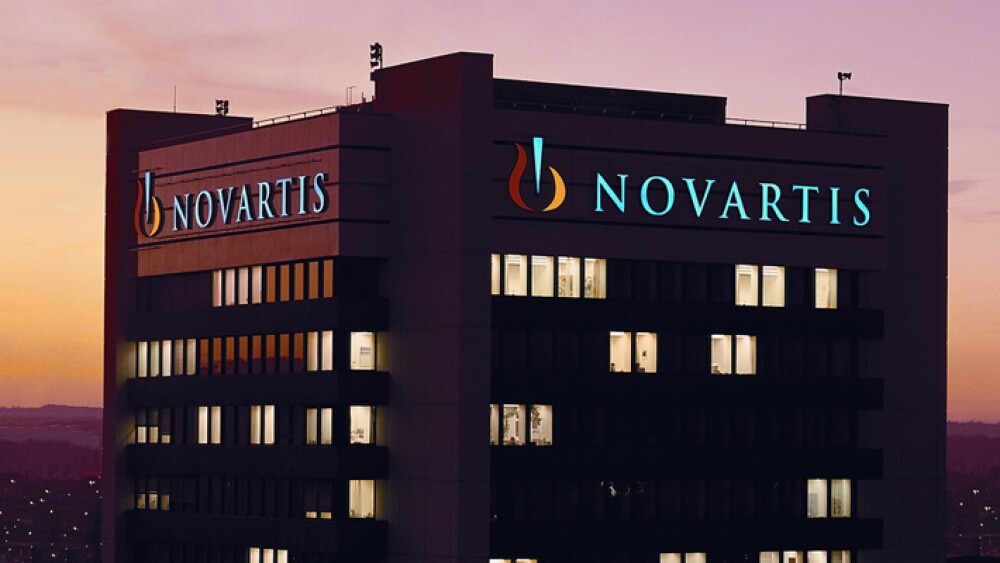December 29, 2016
By Mark Terry, BioSpace.com Breaking News Staff
Intercept Pharmaceuticals took a jump yesterday on rumors of a possible acquisition by Swiss-based Novartis .
Unidentified insiders claim that a deal announcement could happen by mid-January. Intercept has been rumored to be the target of an acquisition since at least April, when the possibility of an acquisition by Foster City, Calif.-based Gilead Sciences was floated.
This has largely been spurred by the U.S. Food and Drug Administration (FDA)’s Gastrointestinal Drugs Advisory Committee voting on April 7 to unanimously recommend accelerated approval of the company’s Ocaliva (obeticholic acid) to treat primary biliary cirrhosis (recently renamed primary biliary cholangitis, or PBC). The FDA approved the drug on May 27. It was approved in Europe on December 15.
The Country Caller suggests that another possible reason for the spike in stocks was “the SEC approval on Intercept’s request of confidential treatment whose information was not disclosed in the 10-Q filing issued November 9, 2016. The information will remain undisclosed to the public until December 31, 2020.” CNA Finance, however, emphasizes that it seems to primarily be linked to the Novartis rumors.
Another reason Novartis—and other companies—might be interested in Intercept is its efforts in the nonalcoholic steatohepatitis (NASH) market. NASH is sometimes called the “silent” liver disease. It resembles alcoholic liver disease, but appears in people who drink little or no alcohol. It can, however, lead to cirrhosis. It affects about 2 to 5 percent of Americans, and there are no specific treatments for it aside from weight loss, increased exercise, avoiding alcohol and unnecessary medications.
Both Intercept and Novartis are working in this area, as well as Gilead and Allergan . In September, Allergan acquired the Bay Area’s Tobira and San Diego’s Akarna Therapeutics as a way of bolstering its efforts in the NASH market. Gilead is investigating simutuzumab for NASH, and acquired Nimbus Apollos for its Acetyl-CoA Carboxylase (ACC) inhibitor program.
Intercept shares have been trading low anyway, which would make it an attractive target for both investors and buyers. The Country Caller writes, “With the recent surge in Intercept Pharmaceuticals’ shares, investors are looking at the drug maker as an opportunity for potential bargain-shopping especially because the stock is under considerable pressure since the start of the year. ICPT shares have traded between $89.76 and $177.93 over the last 52 weeks. It has a 50-day moving average of $113.75, and a 200-day moving average of $140.45. The stock has a P/B ratio of 6.79.”
Of 20 analysts that cover Intercept, 12 have recently given it a “buy,” three a “hold” and three a “sell,” with one rating it as “overweight.”
Fox Business, noted that, “Even after today’s gains, Intercept remains down by about a quarter from where it started the year. Yet investors seem to be acknowledging the considerable progress that the company has made in its work toward serving the market for non-alcoholic steatohepatitis with its Ocaliva drug, which is currently approved for treating the liver disease primary biliary cholangitis. Intercept shares will likely remain volatile as the fate of the biotech industry remains unclear, but if things go well for this particular indication, Intercept could buck a downward trend even if its peers continue to suffer.”





